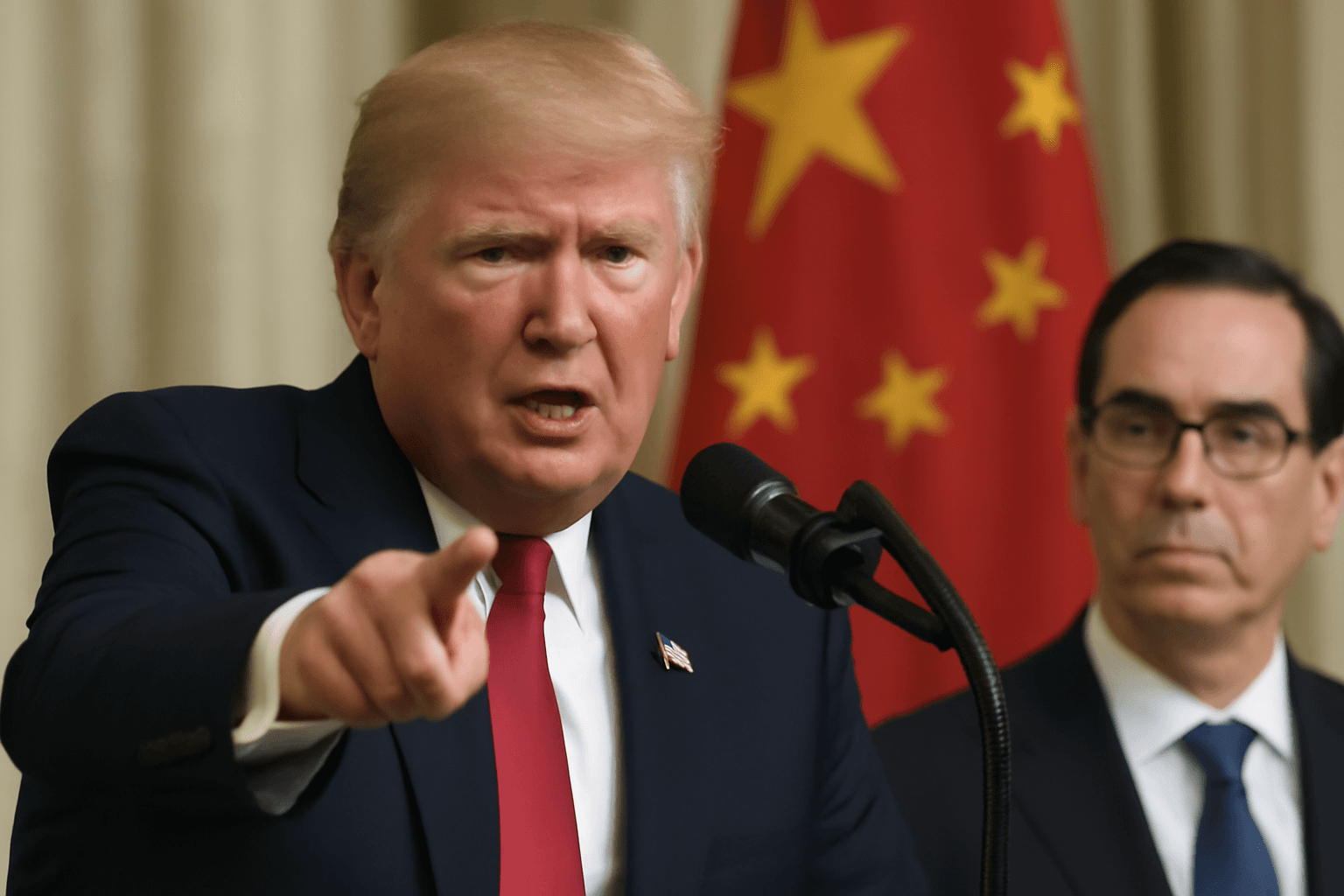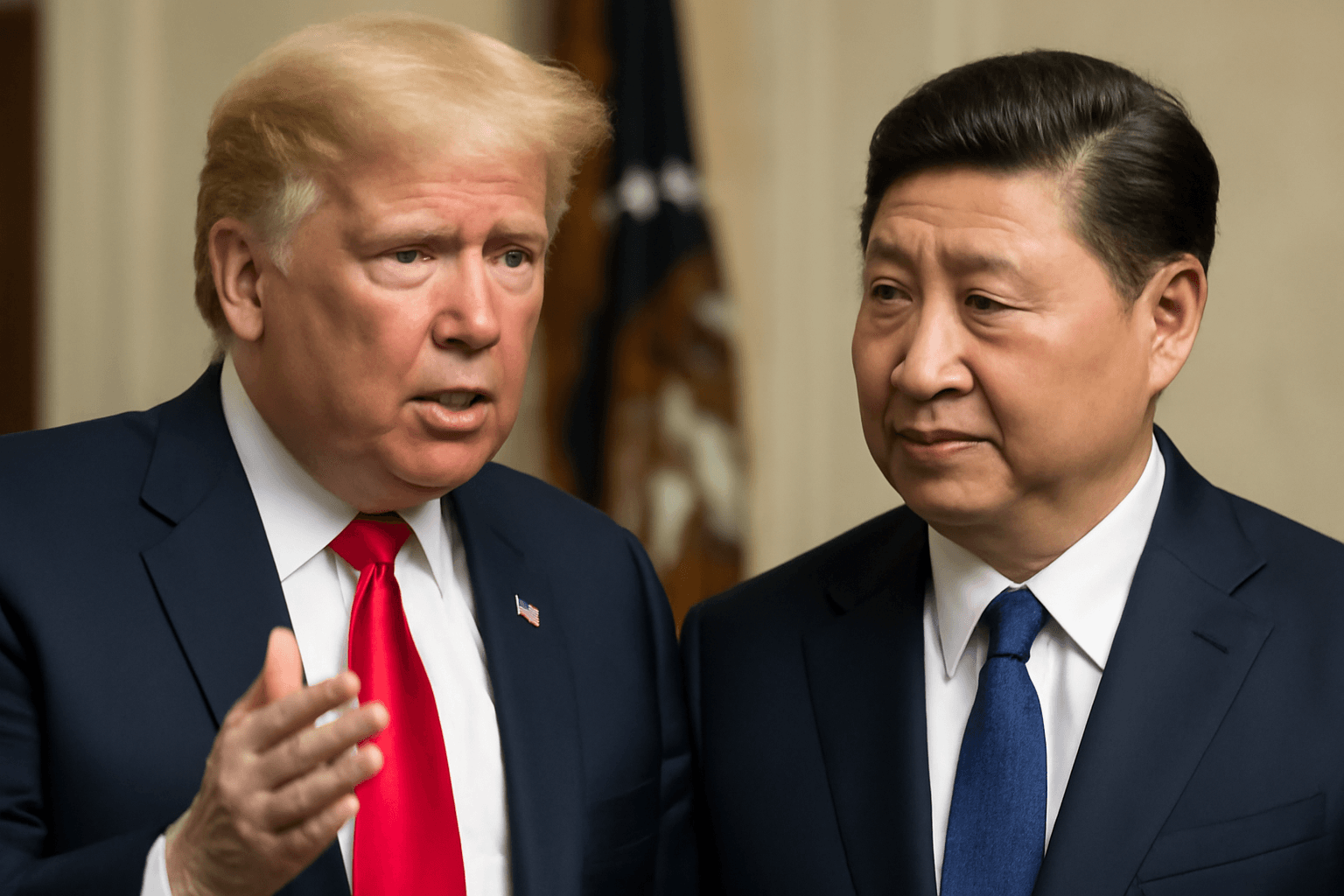Despite concerns over tariff plans, the stock market demonstrated strong performance in May, suggesting investor optimism. However, emerging factors indicate that June could pose increased challenges for trade and market stability.
Global trade has yet to stabilize in response to recent tariff developments. Notably, container ship departures from China to the United States have declined sharply, nearing a 50% decrease compared to the previous year. This trend underscores the ongoing uncertainty businesses face regarding import decisions amid shifting trade policies.
Recent geopolitical developments have further complicated the trading landscape. Accusations of violations against a preliminary trade agreement have heightened uncertainty, making companies cautious about placing new import orders.
Inflationary pressures also remain a concern. While the personal consumption index for April registered slightly below expectations, data indicates a recent rise in prices for household goods and electronics. This inflation uptick could maintain pressure on technology hardware and retail sectors, which have already been underperforming the broader market in 2025.
The dynamic currently favors producers, who are transferring increased costs to retailers, creating a challenging environment for retail businesses and consumers alike. Retail ETFs have notably underperformed relative to benchmarks such as the S&P 500, reflecting these sector-specific pressures.
Nevertheless, it is important to recognize that the broader market may not necessarily revisit the lows experienced in April. Strong performance in segments like Big Tech continues to provide resilience amid sector-specific struggles.
Ultimately, the combination of ongoing trade uncertainties, inflationary factors, and shifting consumer demand suggests that the summer months may present significant tests for the existing market rally.



















